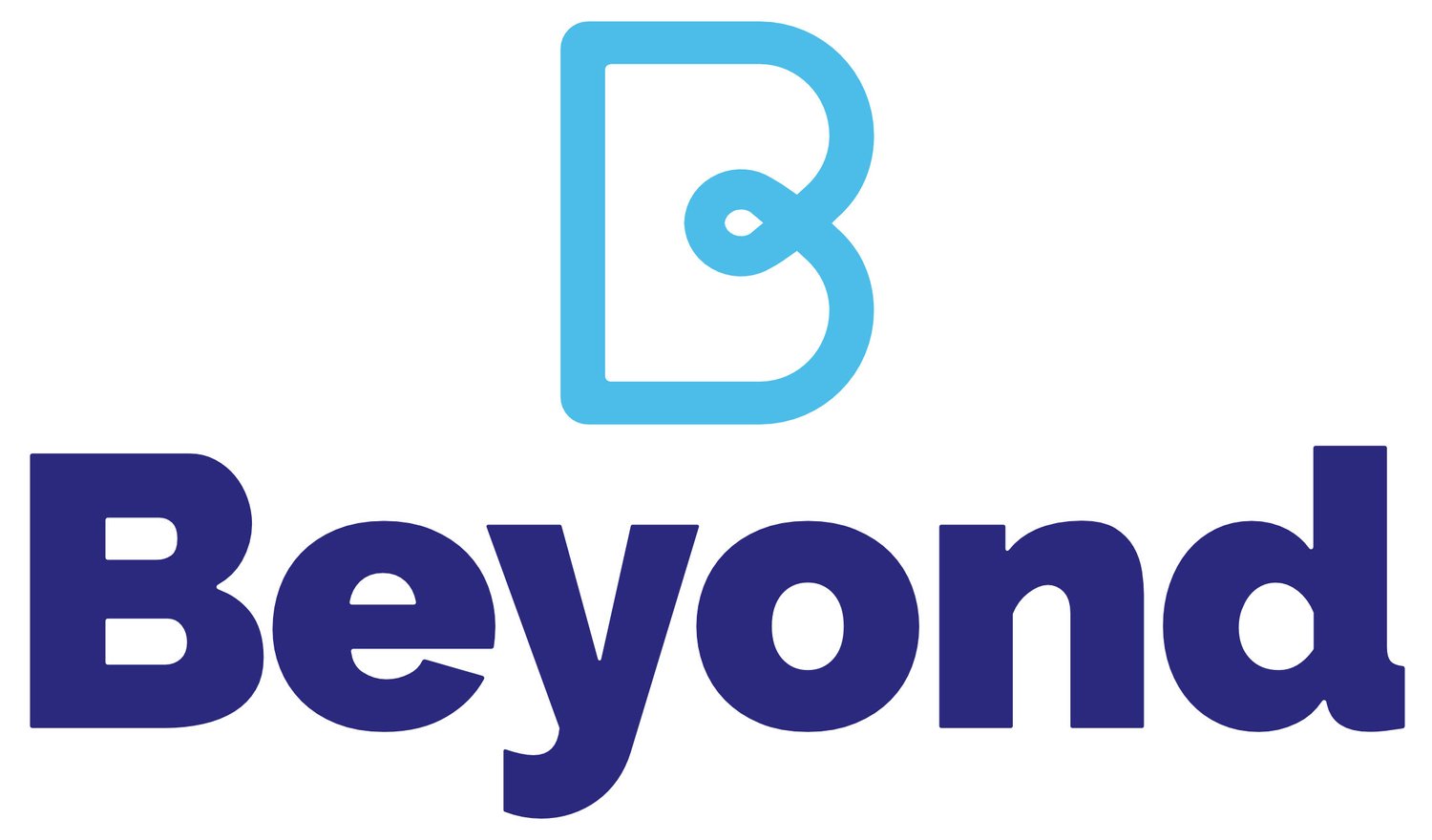
Building long-lasting hygiene habits among children
Infectious diseases are a leading cause of child mortality, globally.1 Handwashing with soap is one of the most effective ways to prevent common infectious diseases; this simple behaviour can reduce diarrhoeal disease rates by almost one-half and acute respiratory infections by nearly one-quarter. 2
Despite the huge benefits of handwashing, there remains an insufficient access to water, sanitation and hygiene (WASH) services and hygiene education in many schools worldwide.3
Recognising this, our client challenged us to drive research that would support hygiene education and help build lasting hygiene habits among children.
Our approach
To facilitate behaviour change, it is important to have a deep understanding of the barriers that are preventing the said behaviour.
In partnership with behavioural scientists at leading academic institutions (Warwick Medical School and Manchester Metropolitan University), Beyond:
Conducted a global survey with 5000 parents, teachers and children across seven countries to ascertain behavioural barriers to effective hand hygiene practices among children aged 5–11 years old and their supporting adults
Used the research findings to develop a suite of educational resources to encourage effective hand hygiene practices.
Hosted online focus groups with parents and teachers across the seven countries to test the effectiveness of the educational resources.
Launched the research findings to global media, including the publication of findings in leading journal BMC Public Health, to drive support from stakeholder groups

Outcome
Our media outreach generated 853 pieces of coverage across 50 countries, reaching an audience of 2+ billion, and our stakeholder outreach garnered support from influential hygiene and sanitation non-governmental organisations, including the United Nations Water Supply and Sanitation Collaborative Council and the Global Handwashing Partnership.
Barriers and their order of influence in each country were identified, along with practical intervention strategies to overcome each barrier. The research findings were used to underpin the development of our client’s global schools hygiene education programme, which was launched at a global Conference of the Parties (COP) summit and is being rolled out in schools worldwide
To date, the programme has educated 1.2 million children and trained 33,000 teachers; thus, encouraging positive hygiene habits amongst communities. As a result of the programme:
There have been 8000 more student days at school
There have been significant illness reductions in schools in the countries where the programme has been implemented:
14.6% reduction of diarrhoea among children in India
7.3% reduction of diarrhoea among children in Nigeria
14% reduction of COVID-19 rates among children in Italy

“It would definitely encourage our children to practise hygiene more. My school community would definitely welcome this idea!”
South Africa focus group feedback
1UNICEF DATA. Diarrhoea remains a leading killer of young children. 2022. Available at: Diarrhoea - UNICEF DATA (Accessed: July 2023).
2 The Global Handwashing Partnership. Why Handwashing? Available at: Why Handwashing - The Global Handwashing Partnership (Accessed: July 2023).
3The World Health Organisation. Ensuring water, sanitation and hygiene in schools. Available at: Ensuring water, sanitation and hygiene in schools (who.int) (Accessed: July 2023).


